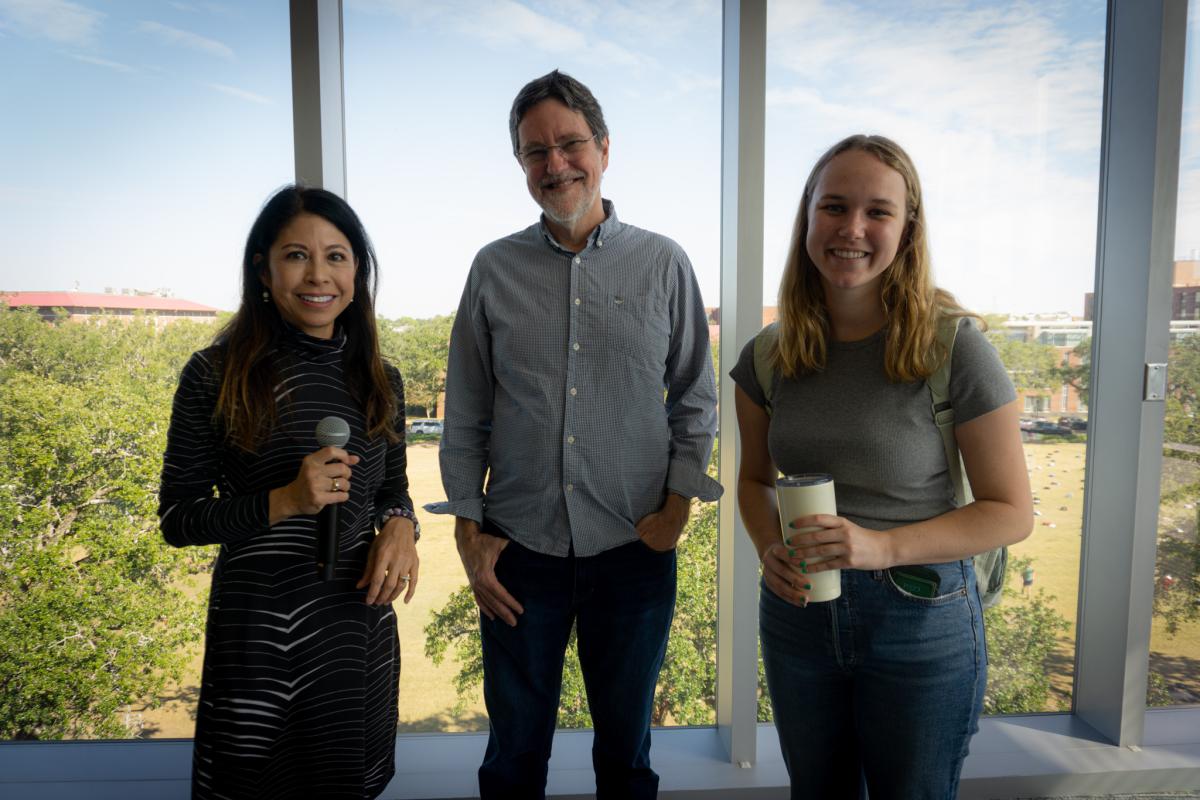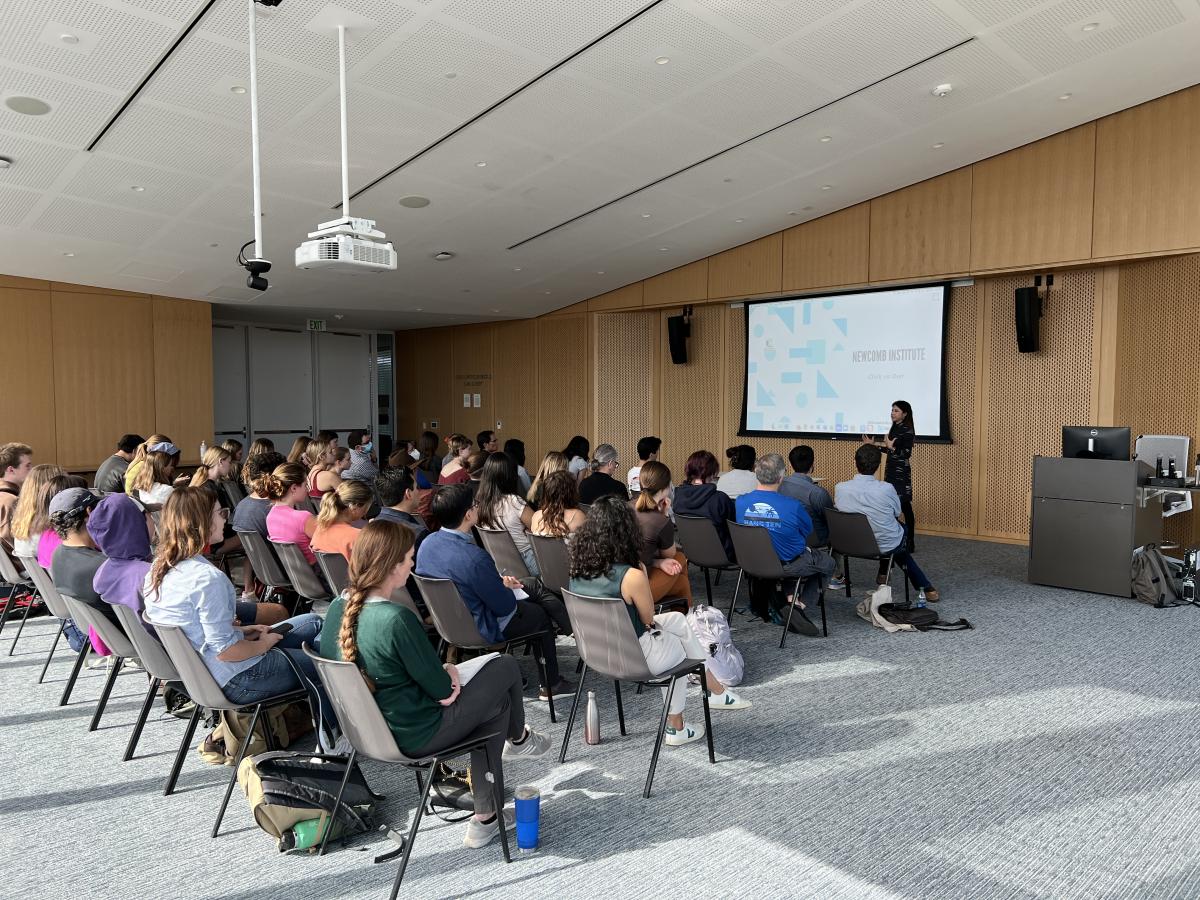Surviving Mexico: Pathways from Tragedy and Impunity to Resistance and Resilience

In Dr. Celeste Gonzáles de Bustamante’s “How Journalists Survive Mexico” presentation on Wednesday, November 2, she combined humanistic, historical methods of first-person accounts and oral narratives with network and quantitative analysis to provide a clear picture of the experience of local Mexican journalists on society’s periphery. Journalists across the world have experienced upticks in violence and impunity towards them and their work. Mexico, as Gonzáles describes, is a particularly precarious context.
Since the killing of Manuel Buendía in 1984, Mexico has experienced narco-related violence towards journalists. These acts of violence have grown significantly over the last ten years and take place mostly in the country’s peripheral states of Veracruz, Chihuahua, Guerrero, and Oaxaca. In response to the violence and insecurity, journalists have participated in “everyday and extraordinary” acts of resistance against the violence. The journalists use techniques such as encrypted messaging via WhatsApp when communicating with sources to anonymously publishing their journalistic pieces in the United States to protect themselves and the integrity of their work from outside influence. Another act of resilience is the strengthening networks of journalists alongside the fractionalization of criminal enterprises seeking to undermine their work.

As criminal gangs divide and seek to control parts of Mexico, journalists have banded together to bring their violence to light. Gonzáles demonstrates the professional solidarity through an interview with Rocio Gallegos, the founder of Red de Periodistas de Juarez. Rocio’s organization provides a platform where journalists can unite to support the publishing of sensitive material and serves as a shining example of collective resistance in the face of violent threats demanding censorship.
Ultimately, Gonzáles calls on her audience to consider their role in the crisis and to keep in mind a quote from famed journalist Anabel Hernández: “the murdered journalists are not gone,” rather they survive through the impact of their work on the lives of their readers.
